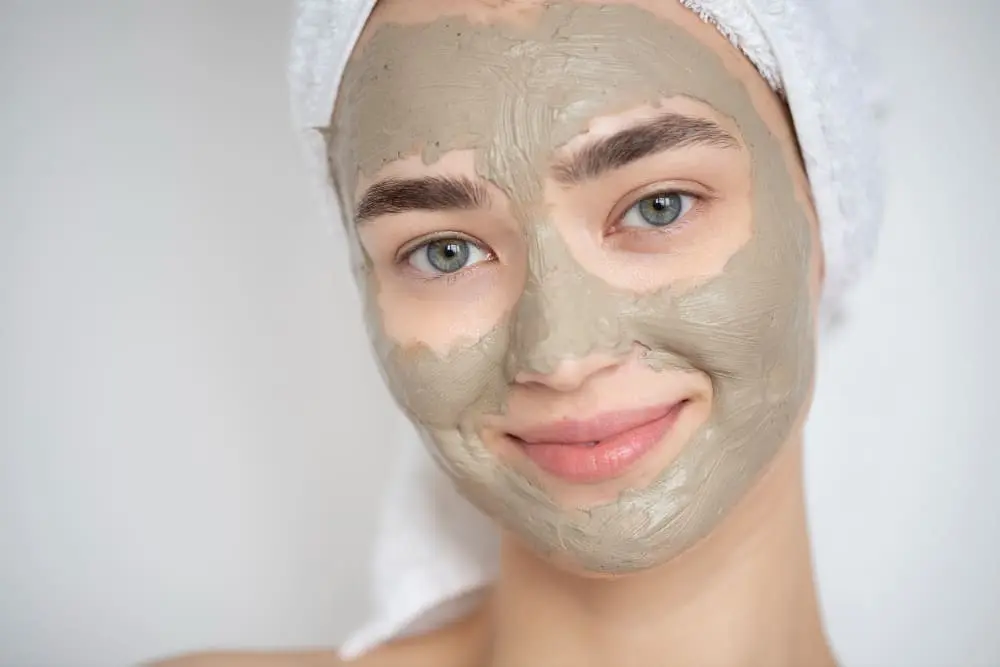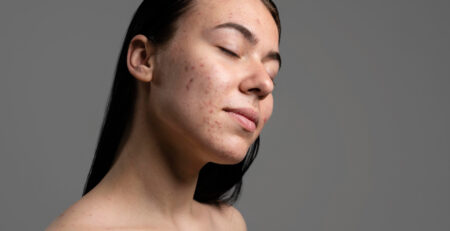DIY Face Masks for Different Skin Concerns
Taking care of your skin doesn’t have to mean splurging on expensive products. In fact, you can create effective face masks using simple ingredients found right in your kitchen. Whether you’re dealing with dryness, acne, or dullness, there’s a DIY face mask recipe that can help rejuvenate and nourish your skin. Let’s explore some easy-to-make face masks tailored to address various skin concerns.
For Dry Skin
If your skin feels tight and lacks moisture, a hydrating face mask can work wonders. Combine ripe avocado, which is rich in healthy fats, with honey and yogurt. Avocado provides deep hydration, while honey has antibacterial properties that soothe dry patches. Yogurt contains lactic acid, which gently exfoliates dead skin cells, leaving your face feeling soft and supple.
For Acne-Prone Skin
Acne can be frustrating, but a DIY face mask with the right ingredients can help calm inflammation and prevent breakouts. Mix together bentonite clay, known for its ability to draw out impurities, with a teaspoon of apple cider vinegar and a few drops of tea tree oil. Bentonite clay absorbs excess oil, while apple cider vinegar and tea tree oil have antibacterial properties that can reduce acne-causing bacteria on the skin.
For Dull Skin
If your skin looks tired and lacks radiance, a brightening face mask can help restore its natural glow. Combine mashed papaya, which contains enzymes that exfoliate and brighten the skin, with a tablespoon of honey and a squeeze of lemon juice. Honey will moisturize and soothe, while lemon juice provides a boost of vitamin C, known for its skin-brightening properties.
For Oily Skin
Excess oil production can leave your skin feeling greasy and prone to breakouts. A balancing face mask can help control oiliness without stripping your skin of its natural moisture. Mix together oatmeal, which absorbs oil and soothes irritation, with mashed banana and a teaspoon of lemon juice. Banana nourishes the skin with vitamins and minerals, while lemon juice helps tighten pores and control oil production.
For Sensitive Skin
Sensitive skin requires gentle care to avoid irritation and redness. A calming face mask can help hydrate and soothe your skin without causing any adverse reactions. Combine cooked oatmeal, which has anti-inflammatory properties, with a tablespoon of coconut oil and aloe vera gel. Oatmeal will calm and moisturize sensitive skin, while coconut oil and aloe vera gel provide additional hydration and help repair the skin’s barrier.
General Tips for DIY Face Masks
When preparing and applying any DIY face mask, remember these tips:
- Always start with clean skin to maximize the mask’s effectiveness.
- Perform a patch test before applying the mask to your entire face, especially if you have sensitive skin or allergies.
- Leave the mask on for the recommended time (usually 10-15 minutes) and rinse off with lukewarm water.
- Follow up with your regular skincare routine, including moisturizer, to lock in the mask’s benefits.
Conclusion
Creating your own face masks at home not only saves money but also allows you to customize treatments based on your skin’s specific needs. Whether you’re targeting dryness, acne, dullness, oiliness, or sensitivity, there’s a DIY face mask recipe that can help you achieve healthier, more radiant skin. Experiment with different ingredients and find the combinations that work best for you. With regular use, these DIY face masks can become a valuable addition to your skincare routine, promoting a glowing complexion naturally.











